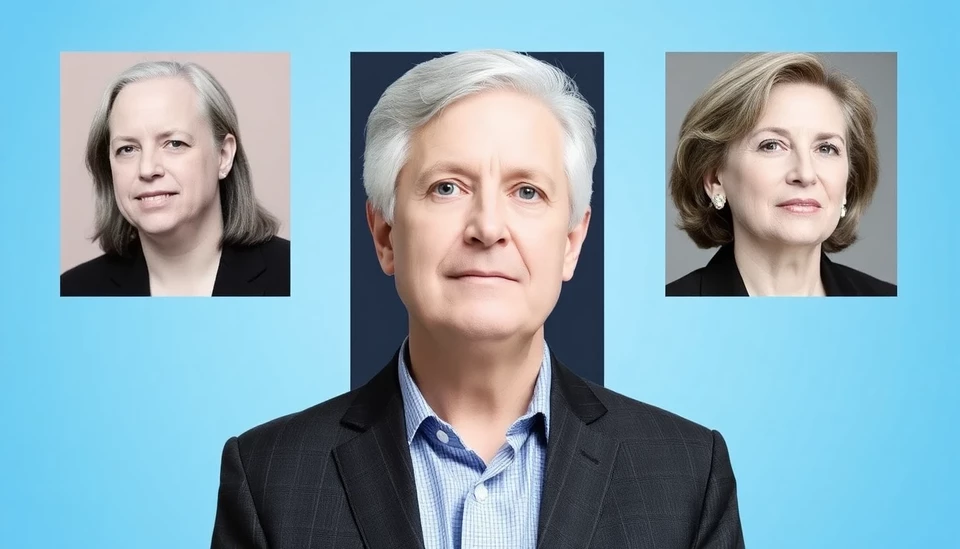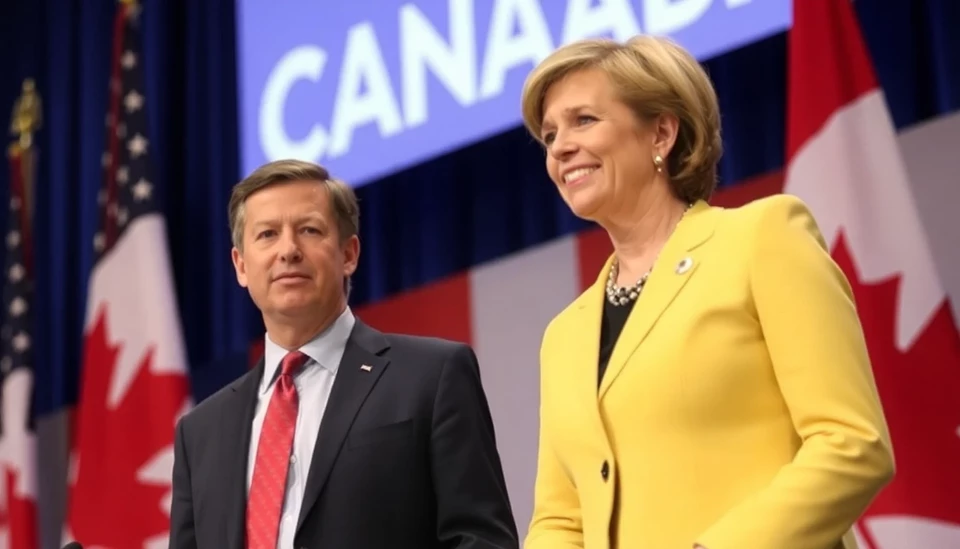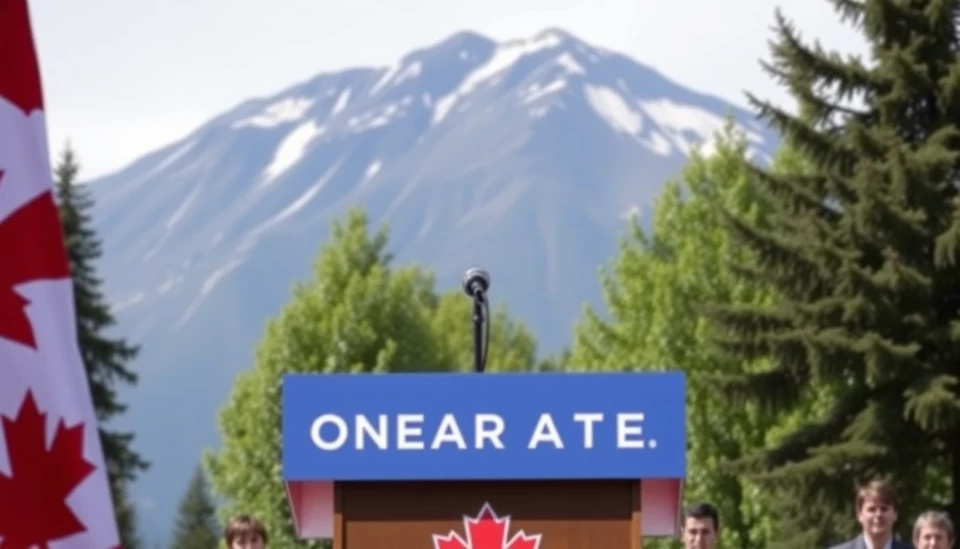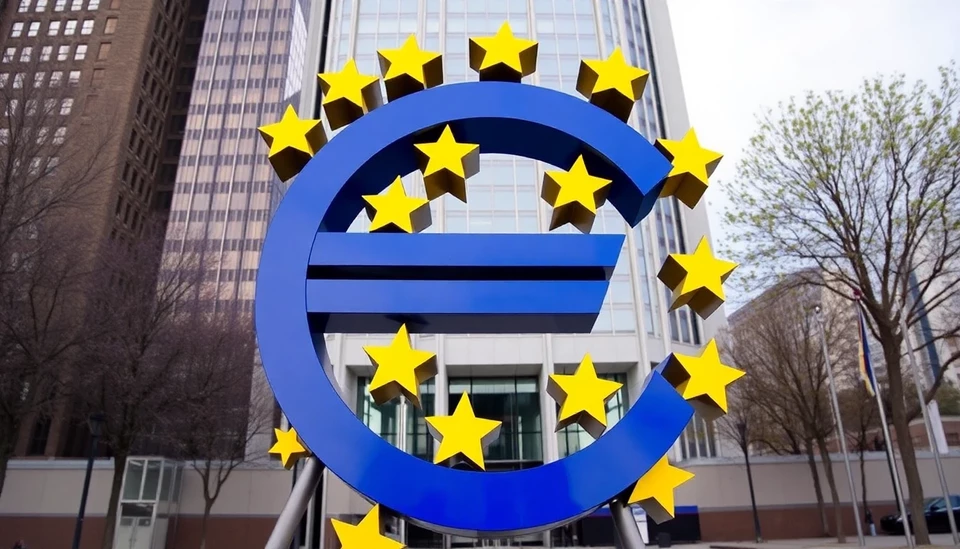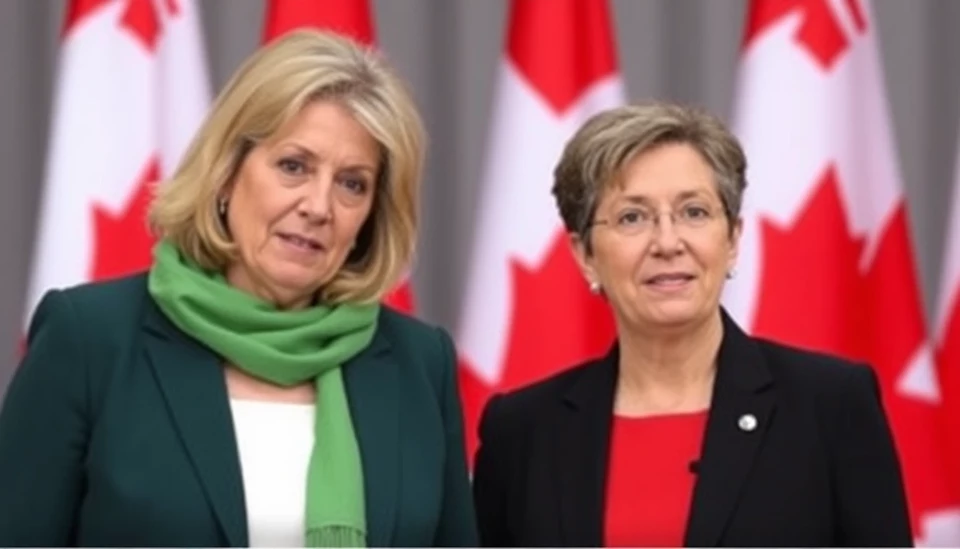
The stability of Prime Minister Justin Trudeau's government hangs in the balance following a shocking resignation announcement from Chrystia Freeland, Canada’s Deputy Prime Minister and Minister of Finance. Known for her pivotal role in shaping Canada's economic policy, Freeland’s unexpected move has sent shockwaves through the political sphere, leading to uncertainty and speculation regarding the future of the Liberal Party.
In a scathing letter released to the public, Freeland outlined her reasons for stepping down, citing growing frustrations within the Cabinet and a deepening rift between party members. Her resignation comes at a crucial time as the government faces mounting pressure from economic challenges and increasing criticism from opposition parties.
Freeland's missive was not just a resignation; it was a critique of the current administration’s direction. Highlighting issues that she feels have not been addressed adequately—such as rising living costs, climate change initiatives, and the fallout from recent economic measures—Freeland’s words have resonated with many Canadians who feel let down by their government. Her candid assessment of the internal dynamics within the Cabinet reveals a schism that may threaten the efficiency and coherence of Trudeau's administration.
This unexpected turn of events has led analysts to ponder the implications for the Liberal Party as they approach the next election. Many believe that Freeland’s prominence within the party and her established reputation as a capable leader will create a vacuum that may not be easily filled. The timing of her departure could not be worse, as Trudeau’s government is already grappling with dwindling public support and significant criticism from various fronts.
In the wake of Freeland's resignation, opposition leaders have been quick to respond, labeling the Trudeau government as dysfunctional and out of touch with the realities facing everyday Canadians. Leaders from the Conservative Party and the New Democratic Party have seized this moment to call for an immediate election, arguing that the government has lost credibility and the capacity to govern effectively.
Meanwhile, political insiders speculate about potential successors to Freeland’s position. Names of several prominent Liberal figures have emerged as potential candidates to fill the void, each bringing their own set of challenges and strengths. As conversations swirl around possible leadership transitions, the stakes continue to rise for Trudeau's administration.
As the dust settles from Freeland's resignation, many Canadians are left wondering what the future holds for their government. Questions regarding economic stability, environmental policies, and social justice remain at the forefront of political discourse, and the actions taken by Trudeau and his remaining Cabinet members in the coming weeks will be scrutinized closely.
The unfolding political drama is not only a pivotal moment for the Liberal Party but also a defining chapter in Canada's political history as voters prepare to decide on the trajectory they wish their country to take. With public trust waning, the Trudeau government must act swiftly and decisively if it hopes to regain the confidence of the electorate before the next general election.
In conclusion, the resignation of Chrystia Freeland has not only rocked the boat for Trudeau’s leadership but has also underscored the broader challenges within the government that must be addressed. As the political landscape shifts, all eyes will be on Canada’s leaders to see how they navigate this turbulent period.
#Canada #Trudeau #Freeland #Politics #LiberalParty #Resignation #GovernmentCrisis #PoliticalDrama #CanadianLeadership
Author: Daniel Foster
